The music of Bach, the magnificent and exquisite Requiem by Duruflé, as well as contemporary organ works will be performed at Müpa Budapest on Tuesday evening, 30 November, in a concert that crosses eras, genres and generations.
The beautiful organ, the focal point of Müpa’s Béla Bartók National Concert Hall, is recognised as one of the world’s greatest concert hall organs. The 92-register, 5-manual instrument with 6,804 pipes was built in collaboration between the Pécs Organ Builders and Mühleisen Orgelbau Stuttgart.
“As an emblematic symbol of the hall, the organ unites architecture and music, connects the past and the present, and creates a link between musical genres and cultures.”
– says the Müpa website.
The concert on 30 November will highlight the connection that this monumental instrument represents. The special programme will bridge the gap between solo works for organ, orchestral and choral works, the human voice and instrumental music, the works of the organ’s greatest past masters and contemporary repertoire, and generations of musicians, including two funeral masses. In the first half of the concert, organist-composer Zsigmond Szathmáry’s works, including his Requiem for Fukushima, will alternate with music by Johann Sebastian Bach, and after the interval, the audience will hear one of the most famous pieces of 21st century sacred music, Duruflé’s Requiem, performed by the UMZE Chamber Ensemble and the New Liszt Ferenc Chamber Choir.
The organist and composer Zsigmond Szathmáry, who lives in Germany, was born in 1939 in Hódmezővásárhely. He studied at the Academy of Music in Budapest, then continued his studies in Vienna, Cologne and Darmstadt. He worked as a cantor in several churches in Germany and taught at prestigious conservatories, before becoming professor at the Freiburg College of Music in 1978. As a conductor, he is best known as an inspired and knowledgeable interpreter of contemporary music, having conducted premieres of works by composers such as Heinz Holliger, Wolfgang Rihm, Luciano Berio and Mauricio Kagel.
Szathmáry is also a composer at the forefront of his field, influenced by Pousseur, Stockhausen and Ligeti, among others. Three of his works will be performed at the concert on 30 November. In addition to the dynamic, moving and exciting Feuertaufe for solo organ, there will be two Hungarian premieres. The Requiem in Memory of Fukushima, a poignant reflection on the nuclear disaster, will be performed for the first time in Hungary, and his 2012 work Cadenza con ostinati per violino e organo will also perform at the Budapest concert. Latter, for violin and organ, was written in 1994 for the composer’s violinist daughter Anikó Katharina Szathmáry.
Like Zsigmond Szathmáry, 20th-century artist Maurice Duruflé was also a distinguished organist, composer and professor.
“I work slowly and throw a lot of things away”
– said the composer whose only 11 works have been published. After the intermission, Duruflé’s perhaps most famous work, the Requiem, will be played, of which he wrote three different versions: after the original in 1947, he reworked the work for organ and choir in 1948, and for soloists, choir, organ and orchestra in 1961.
Like his compatriot and great predecessor, the organist Gabriel Fauré, who composed his monumental Requiem at the end of the 19th century, Duruflé omitted parts of the traditional funeral mass. He dedicated the piece to the memory of his father, in which he also used many Gregorian motifs.
“This Requiem is not an ethereal work that sings of detachment from earthly cares. It reflects, in the unchanging form of Christian prayer, the anguish of man confronted with the mystery of his destiny. It is often dramatic, or resigned, hopeful and fearful, like the words of Scripture itself, which the liturgy quotes.”
This is how Duruflé wrote about his own work, which will be performed at Müpa Budapest on 30 November under the conductorship of Gergely Vajda.
Article: Zsuzsanna Deák
Translation: Nóra Fehér

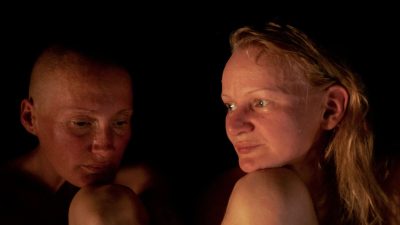
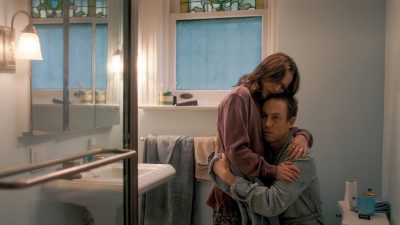

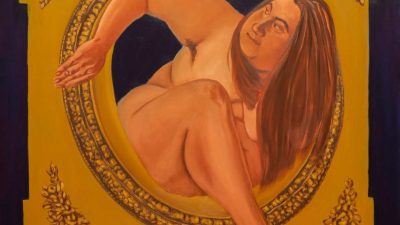
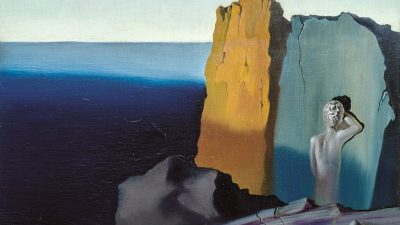



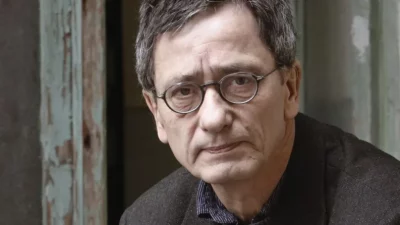



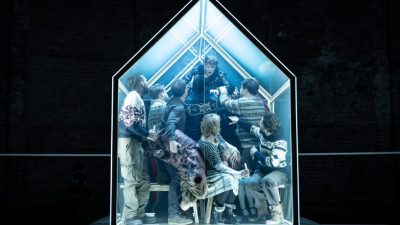
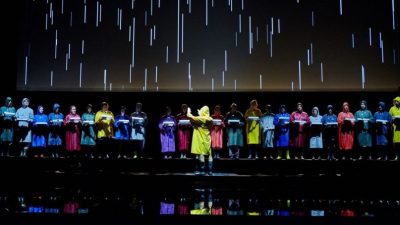


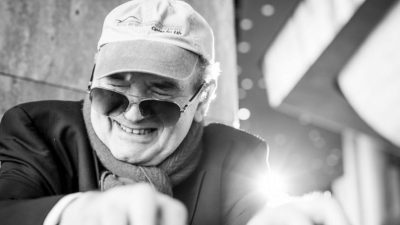


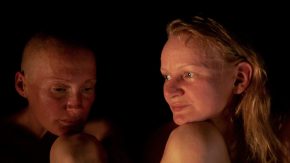


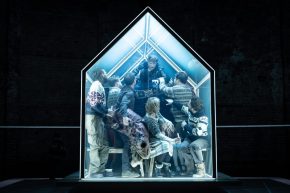


Comments